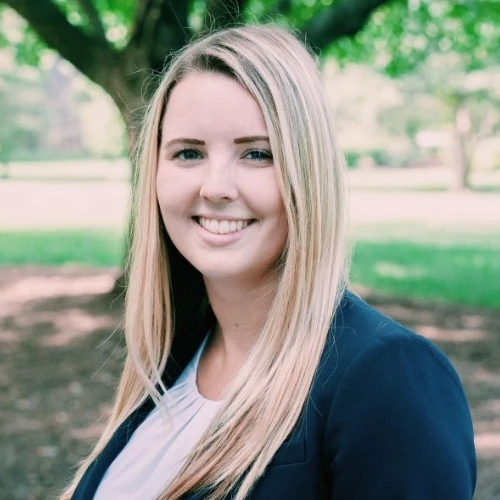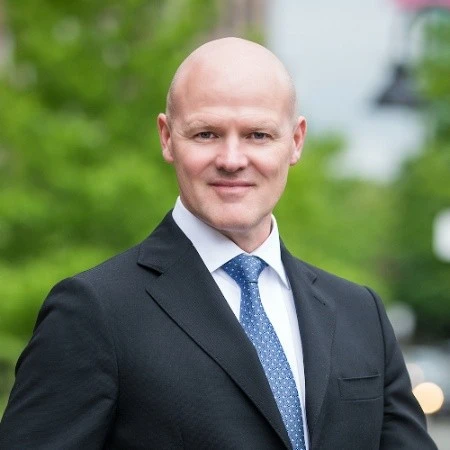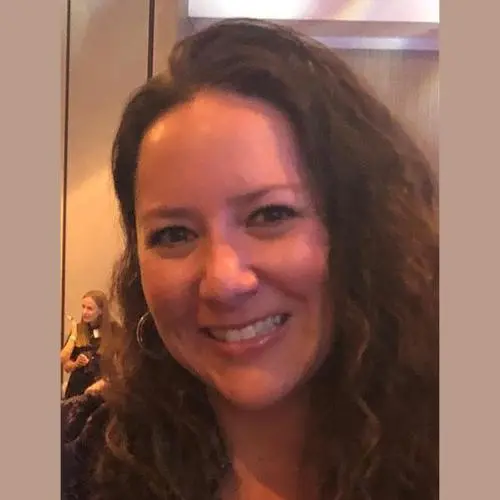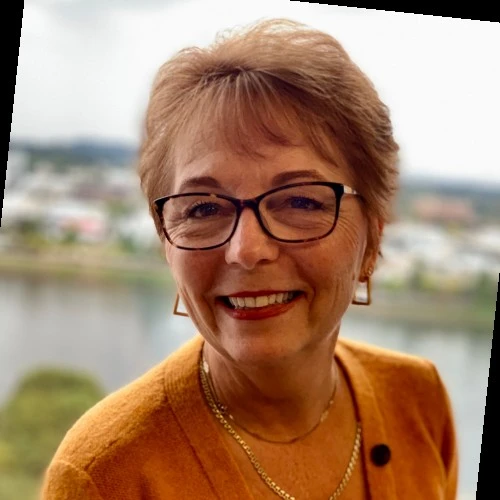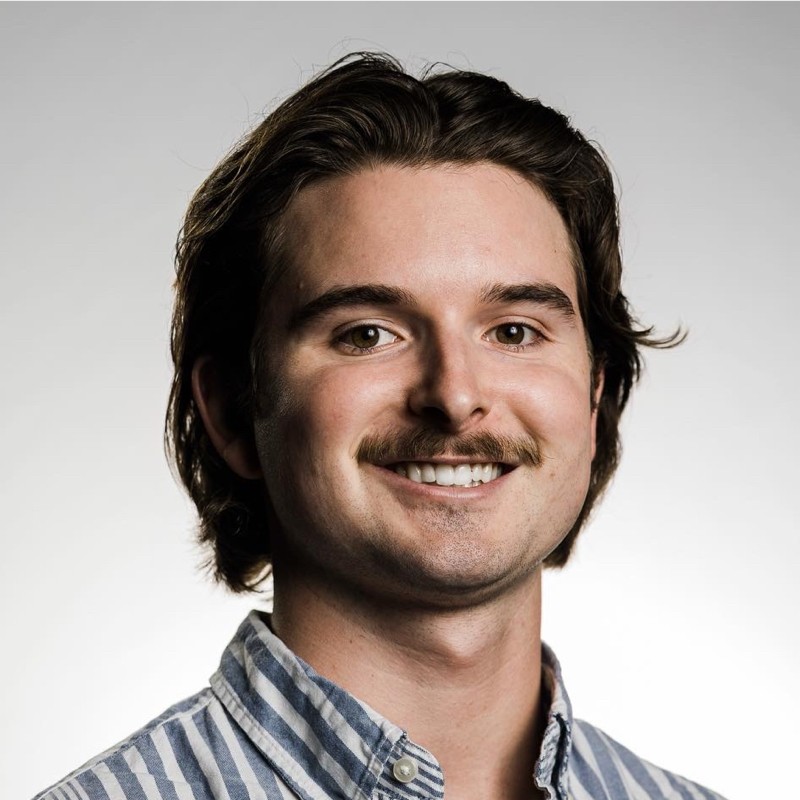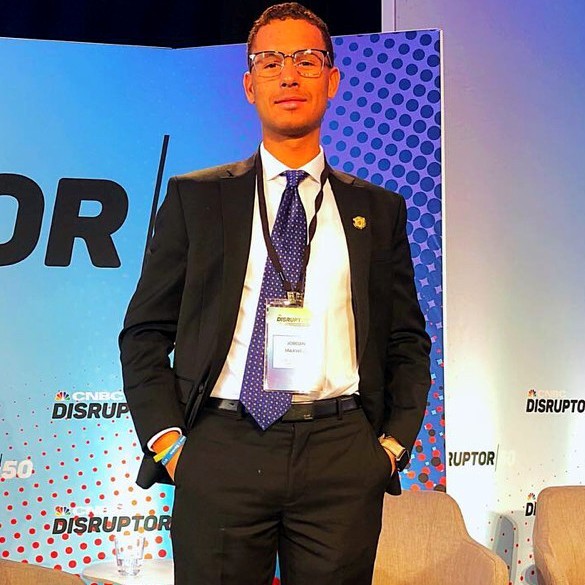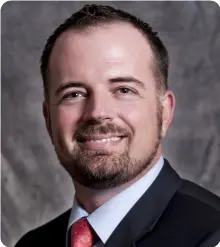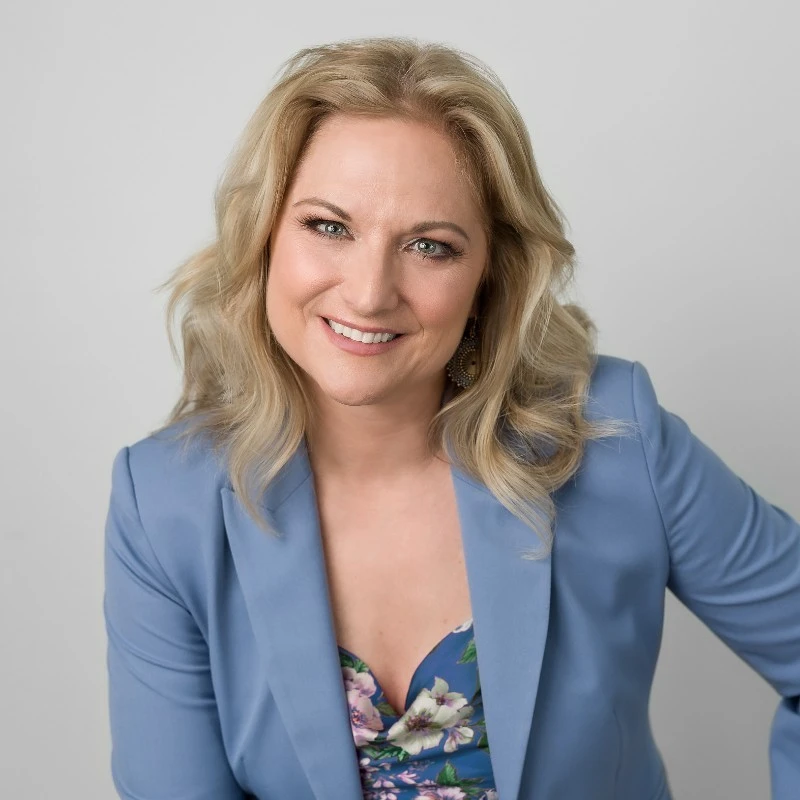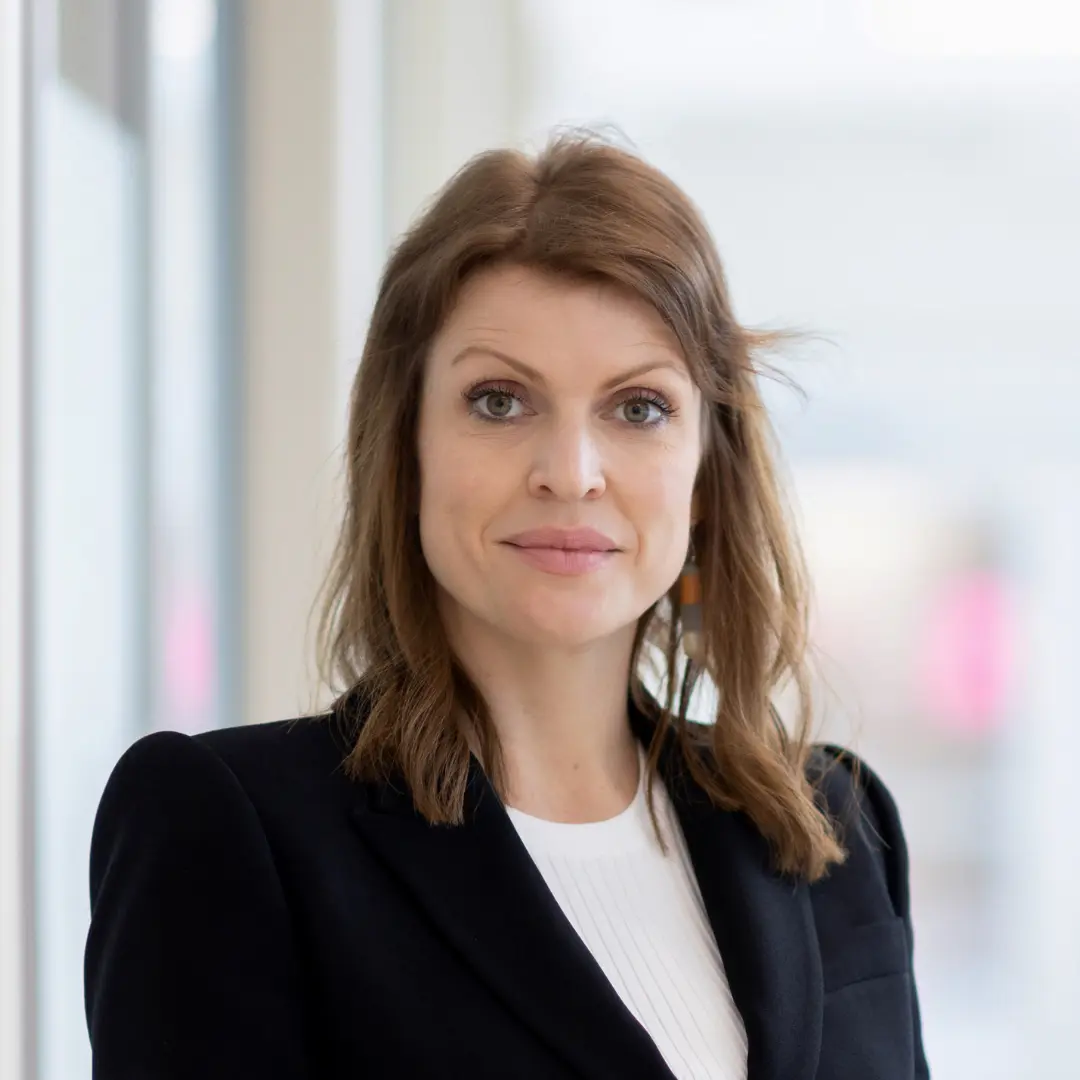Is the Universe Friendly? Decide for Yourself!
Is the Universe Friendly? Decide for Yourself!
Hi, I’m Paul Krismer, I’m your happiness expert and this week we’re going to talk about our perspective on the universe. Then there’s a famous quote that’s attributed to Albert Einstein. He was asked, “What’s the most important question for science to explore?” He paused and apparently thought about it, then he said, “You know, the most important question for each individual is whether or not the universe is friendly.” Because how we answer that question determines the beliefs and behaviors that shape our life. So, this video is going to be about that subject. How is it that we frame our existence in this dynamic river of experience that is our lives? So, stay tuned.
As a coach, public speaker, and best-selling author, I teach topics just like this one all around the world. So, stay tuned and I’ll give you practical tools that you can use to make both yourself and those around you both happier and more successful. So, is the universe friendly? Well, I had a gentleman friend who used to work with me, Dr. Alfredo Churra. He was an Italian doctor who talked about the experiences of practicing medicine in Italy before he came to Canada. There was a little bit more leeway in what he could do. He told the story one time of having an elderly gentleman, a regular patient of his, come into the clinic and say, “You know, he’s feeling really down and all his body is sore, and he’s got low energy.”
Dr. Chura said, “Well, I’ve got just the thing for you. I’ve got this beautiful new medication. It’s just one shot, it’s a real pick-me-up, big energy, should make you feel better overall.” He stuck him with this needle in his shoulder and gave him this little shot, and away he sent this patient. Now the patient didn’t know that it was a very minor injection of Vitamin B that he had injected him with, which may in and of itself be somewhat helpful, but not some kind of cure-all by any means. Well, a week later he runs into this gentleman on the street, and the old man is just ecstatic. “Well doctor, this shot was just a great thing. I feel so good these days,” and was genuinely feeling, sincerely in a really real way, like his life had had to change for the better. Which is peculiar, isn’t it? It’s as though that kind of thing shouldn’t happen. He shouldn’t feel any better because of a minor injection of Vitamin B. But what he believed was that he was getting something that was powerfully going to change his life for the better, and his belief made it so.
I’m reading an interesting book right now called “Humankind” by Rutger Bregman, and I have to thank my aunt for recommending it to me. It’s an excellent book, I’m just about finished. Quite a bit of the book focuses on this idea of placebos and nocebos. Placebos, as you probably know, are these things where a fake medicine or fake intervention is conducted as an experiment, and people, in fact, get the cure or the feeling better or the symptomatic relief that came from no real medicine. This goes very deep, including people who have notable pathologies in their knee that you can see under MRI. They’ve done fake surgeries where they put people under anesthetic, they give tiny incisions in the knee as though laparoscopic surgery had, in fact, been conducted, but they do nothing to the knee joint itself. The people’s outcomes from typical meniscal damage are as good in the placebo cases as they are in the real surgeries, which is fascinating. It’s this idea that people’s beliefs strongly indicate how we will experience our lives in our world.
The nocebo is the opposite effect. It’s this idea that if I create circumstances where you may believe that something bad is going to happen, that’s a terrible side effect from a medication for example, might happen, then you may, in fact, feel those side effects. You’ll manifest them through some exercise of your consciousness in your own inner psychology. We can do that as a collective too. When we think of the philosophies that came out of the Enlightenment period where Hobbes believed that life would be nasty, short, and brutish. Without civil society and government and structure and the coercion of the state, we would all just be at each other’s throats, stealing, raping, killing each other and all this kind of thing, which is scary. When society then seems to fall apart, we may perceive that indeed in the state of riots that happen in the streets or if some natural disaster happens, there’ll be looting and things like that. The media in our society will very much cover exactly those kinds of things and more beliefs about humanity will be reinforced.
However, the truth is, when science digs deep, is that we are mostly well-intended towards one another. Calamities in human societies are often the best examples where perfect strangers, thousands of them, turn out to help others. They sandbag rivers, they provide food, they rescue people, they go searching for a lost child that has nothing to do with them. People are well-intended. We even know from an evolutionary theory perspective that we were programmed as a species to survive in groups, tribal contexts, where we collectively had a mutual interest in seeing our genetic heritage pass from one generation to another. Being alone was an impossible way, both genetically and from a survival perspective, to get forward. We needed to be helpful to one another. You share your food today, I share mine the next day. We look for a lost child together, we protect ourselves from the elements including predators. We do all that together so that we get by. That human nature, fundamentally, is kind and generous, even if, when we’re looking in our society, we can find examples of the opposite. And for sure, we can. So, the question is, what kind of evidence are we looking for in the universe? You know, a frequent viewer, Maria, commented last week. She said, “You know, I view life as art where we get to choose how it is that we go about creating the picture of our lives.” And for sure, sometimes we’re going to pick up our paintbrush, and we’re going to paint dark, scary, frightening scenes. But to the extent that we have a choice, if we can dip our paint in the bright, shiny, ‘friendly universe is kind to us’ colors and paint that picture, then more of that will show up in our lives.
And I’m not saying this is a wishful thinking, foo-foo, cotton candy, unicorns everywhere kind of concept. No, the science is very clear that the more we look for things that affirm our belief in a friendly universe, the more we’re likely to see that universe in our day-to-day lives. So, I ask you, is the universe friendly? And if you haven’t got a certain yes on that, and that’s okay if you haven’t, I invite you to just spend the next week, once a day, just reflecting on, in what way did I see a friendly universe today? Every day, just look for one thing that demonstrates that the universe is friendly. And I am sure that over the course of a week, you’ll see the universe is, in fact, a friendlier place. And if you made a habit of it for weeks and months, much like other gratitude skills I’ve taught in the past, you will frame a life that sees the good things in life more often than not, and those more of those good things will actually flow into your life.
That’s it for this week. Thanks for watching. If you like this kind of content, click the like button, share with your friends and family. Bye for now.

